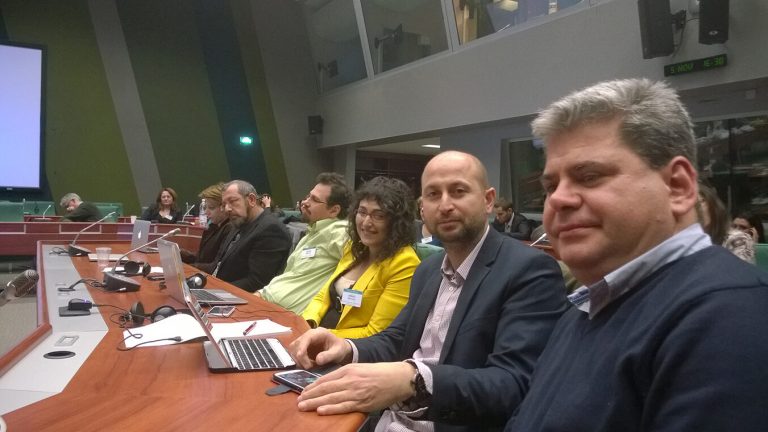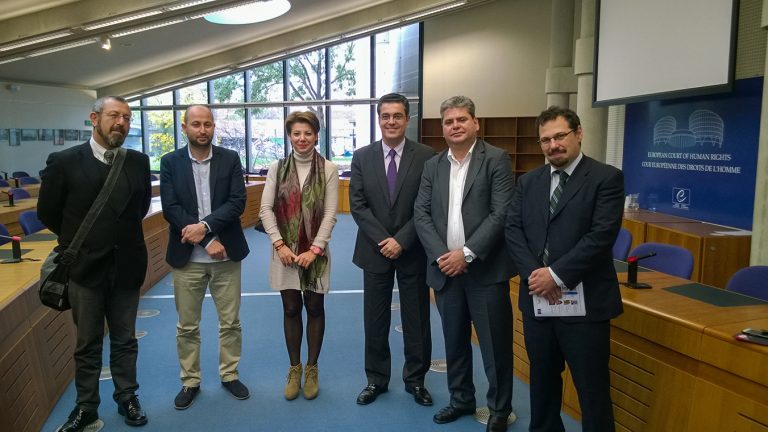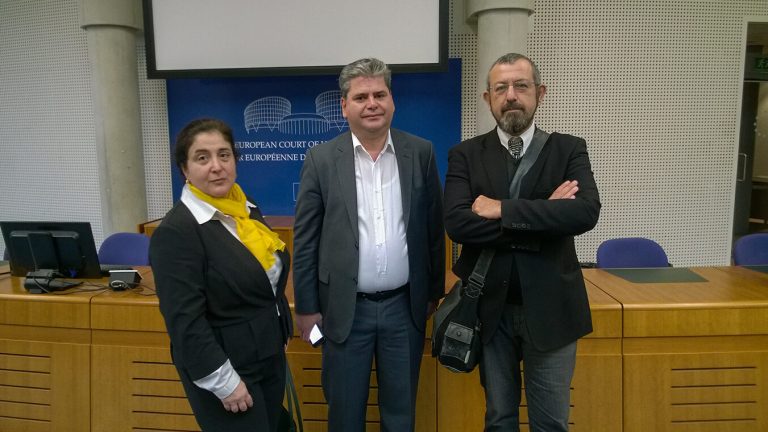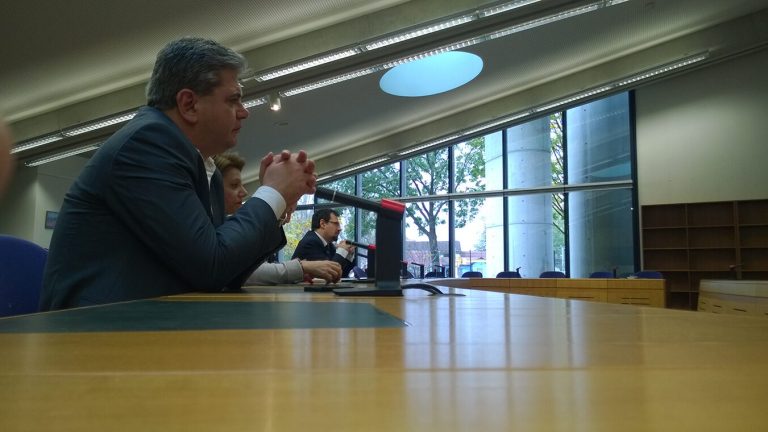World Forum for Democracy 2014 – “From participation to influence: can youth revitalise democracy?”

The 2014 edition of the World Forum for Democracy gathered representatives of civil society, media and business circles, academics, young activists, and political leaders from more than 100 countries to discuss – including via a digital platform – the issues and challenges of youth participation and the opportunities they offer for democratic renewal.
While the number of democracies in the world has been growing steadily, it has to be said that these democracies, whether established or in transition, now face major challenges. Among these challenges, in particular, is the disenchantment with political representation and skepticism regarding policy decisions among young people who are at risk of being increasingly alienated from public political life. The more recent democracies also face their own challenges when it comes to involving young people, whose expectations about freedom of expression, transparency and good governance are often frustrated. Yet, in Hong Kong, Kyiv and Cairo young people have been on the front line of the fight for democracy and human rights, aspiring to live in a society based on the rule of law and human dignity. In Western democracies, according to a recent Eurobarometer survey, a large majority of young people see human rights and freedom of expression as priorities which Europe should be promoting. There is clearly a strong “appetite” for democracy. It would be wrong to say that all young people have lost interest in politics. But a gulf has opened up between traditional political structures and young people and this gulf needs to be bridged for the health and the sustainability of our democracies. To face this challenge, it is necessary to consider ways of gearing politics and democratic practice to young people’s current methods of communication and mobilisation; particularly social media.
How can we draw on young people’s energy to revitalise democratic institutions and processes? In the digital age, what tools, apart from voting, can we put in place to encourage youth participation and to enhance democratic vitality? Are youth parliaments an effective means of getting young people involved in decision-making processes? Social movements, which are the only means of expression in some countries, are often regarded as locomotives for political change, strengthening democracy and human rights, but can they have a significant and lasting impact in countries which do not yet have a democratic tradition? Should young people, who were born in the digital age, be encouraged to use online platforms for the purposes of active and responsible citizenship?












